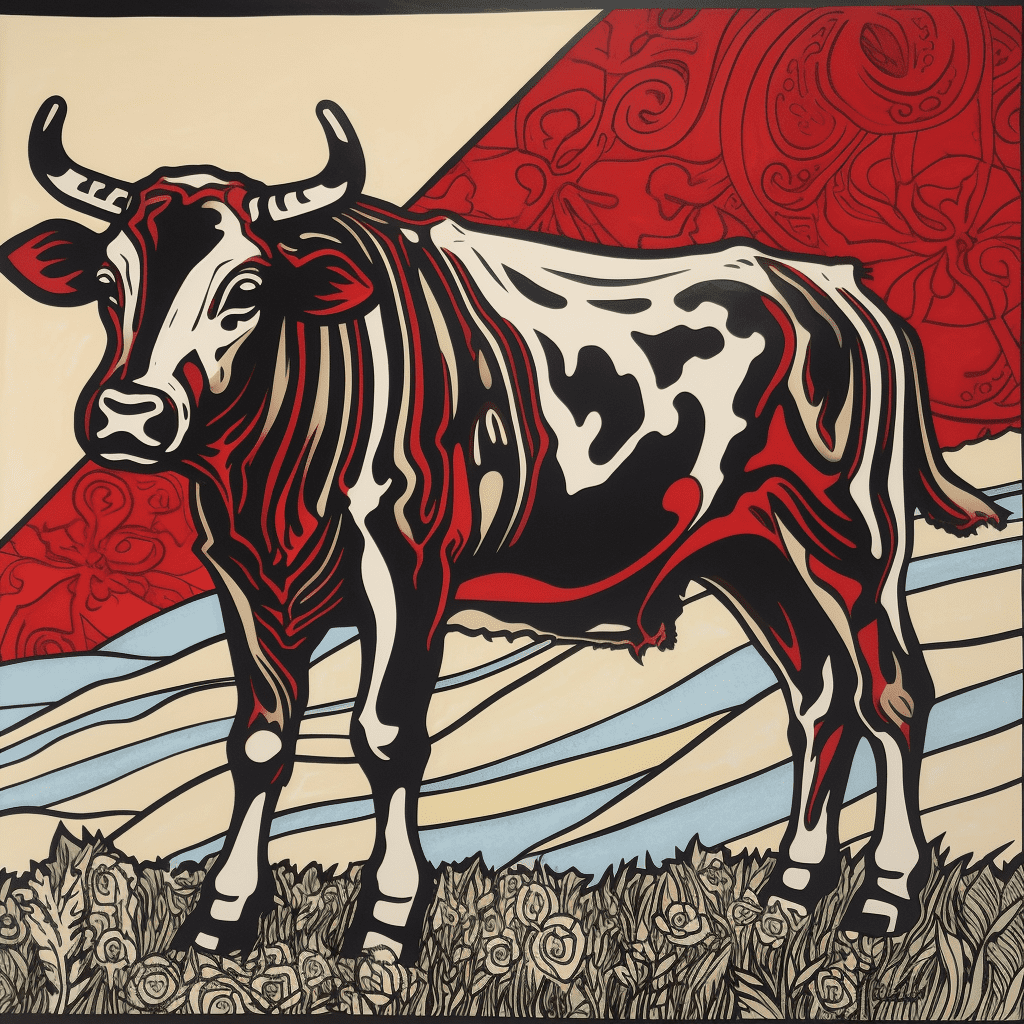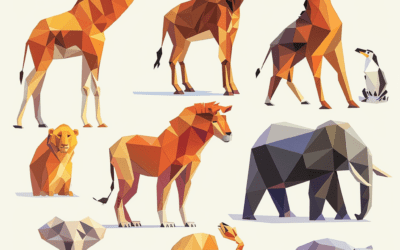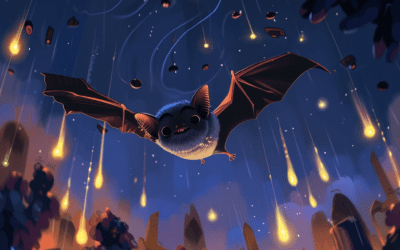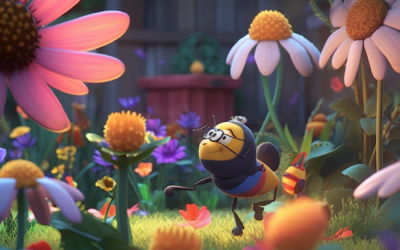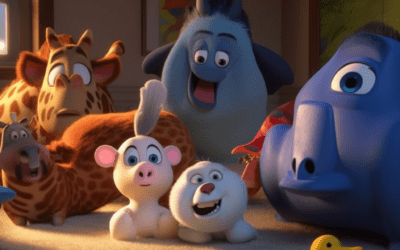Why do cows face the wind?
Have you ever wondered why cows always seem to face the wind? It may seem like a strange behavior, but there is a logical explanation behind it.
Basic survival instinct
Cows are animals that have a well-developed survival instinct. Facing the wind is one of their natural behavioral adaptations to ensure their safety and well-being.
Protection from predators and insects
When cows face the wind, they can easily detect any incoming predators or potential threats. Their large, sensitive ears can pick up subtle sounds, such as the rustling of bushes or the movement of predators. By facing the wind, cows gain an advantage in being alerted to danger and can react quickly to protect themselves.
In addition to being alert to predators, facing the wind also helps cows deal with pesky insects. When the wind blows, it carries away the scent of cows, making it harder for insects, such as flies, to locate and bother them. This behavior minimizes the discomfort and annoyance caused by insects buzzing around them.
Better access to fresh air and oxygen
Facing the wind allows cows to have better access to fresh air and oxygen. By positioning themselves in the direction of the wind, they can breathe in the cool and oxygen-rich air, improving their respiratory health.
Regulation of body temperature
Another reason cows face the wind is to regulate their body temperature. Cows have a thick coat of fur, and when they face the wind, the air blows through their fur, creating a cooling effect. This helps them stay comfortable and prevent overheating, especially during hot weather.
Prevention of moisture build-up
Moisture build-up can be detrimental to a cow’s health, especially if it reaches their skin. By facing the wind, cows can prevent excess moisture from accumulating on their bodies. The wind aids in drying off any sweat or moisture, reducing the risk of skin infections or discomfort caused by wet fur.
Conclusion
Cows face the wind as a result of their basic survival instinct. It allows them to protect themselves from predators, escape annoying insects, access fresh air, regulate their body temperature, and prevent moisture build-up. Next time you see a cow facing the wind, remember that it’s simply following its innate instincts to ensure its well-being.

